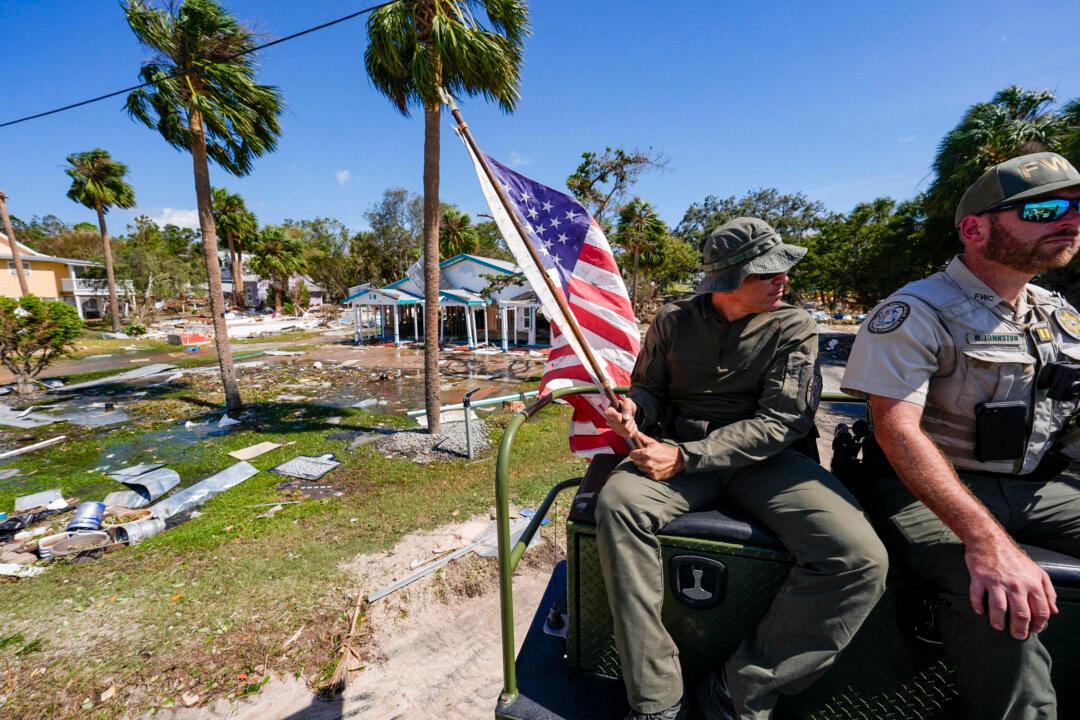The head of the Federal Emergency Management Agency (FEMA) warned on Sunday that the recovery process after storm Helene hit five states will likely be “really complicated” as parts of North Carolina remain isolated due to floods.
Since Sept. 26, Helene has produced extensive damage across Florida, Georgia, Tennessee, North Carolina, and South Carolina, leaving more than 100 dead and millions left without power as of Monday morning. The storm hit Florida’s Big Bend region as a Category 4 storm, later dumping significant rainfall on the lower half of the Appalachian Mountains.





